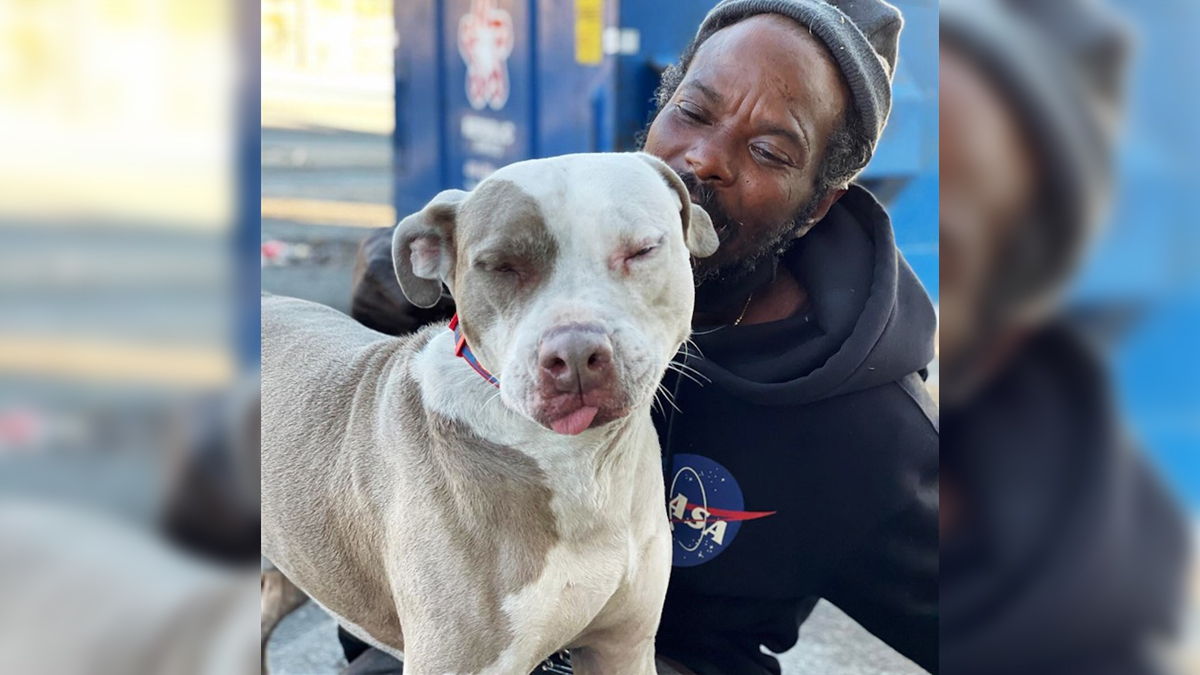Sometime in 2021, for many in the United States more than a year after pandemic restrictions began, most American workers and students will return to campuses, offices and other workplaces. Left behind will be pets who have become accustomed to humans staying home with them.
Some tips on how to prepare them and signs of distress to watch for, from Candace Croney. The Purdue University professor has studied and taught about animal behavior for some two decades and consults with many veterinarians and others who work with household animals.
As more Americans return to work, pets used to work-from-home routines are facing a major adjustment.
NOW
- Start practicing to give them a routine and sense of predictability, taking small steps incrementally.
- Provide them with toys and treats to focus on while you work in a different room.
- Take walks without them; don't take them on every car ride.
- Even if the weather isn't good for driving, pull your car out of the garage and sit for awhile.
- If you don't drive, find another venue to create space.
- If you feel your pets will find it hard to adjust, consult your veterinarian to make a plan.
One dog trainer says he's received an abundance of phone calls over the last month regarding a sudden change in dog behavior in the wake of the coronavirus outbreak. Many of Dale Buchanan's clients voiced concerns about excessive barking, chewing, and some aggressive behavior.
SIGNS FOR CONCERN AFTER RETURN TO WORKPLACE
- Changes in eating or drinking habits.
- For cats, common signs of distress are inappropriate urination or defecation outside the litter box.
- For dogs, excessive whining and barking, leaving treats untouched, changes in toileting habits.
- Destructive behavior.
- Acting abnormally frantic when you return home.
With growing reports of animals being diagnosed with COVID-19, many owners are wondering if their pets can pass the virus to their family. CEO of Animal Policy Group Mark Cushing insists that there is no need to take extra precautions as the risk of animals spreading the virus to people is extremely low.
WHAT TO DO IF YOU SEE PETS NOT ADJUSTING
- Call your veterinarian before things get worse.
- Use baby-type monitors to check on your pets remotely.
- Have a friend or paid dog-walker stop by.
- Leave on soft music playing or TV talk shows (not the kind where they yell at each other).
Copyright AP - Associated Press



